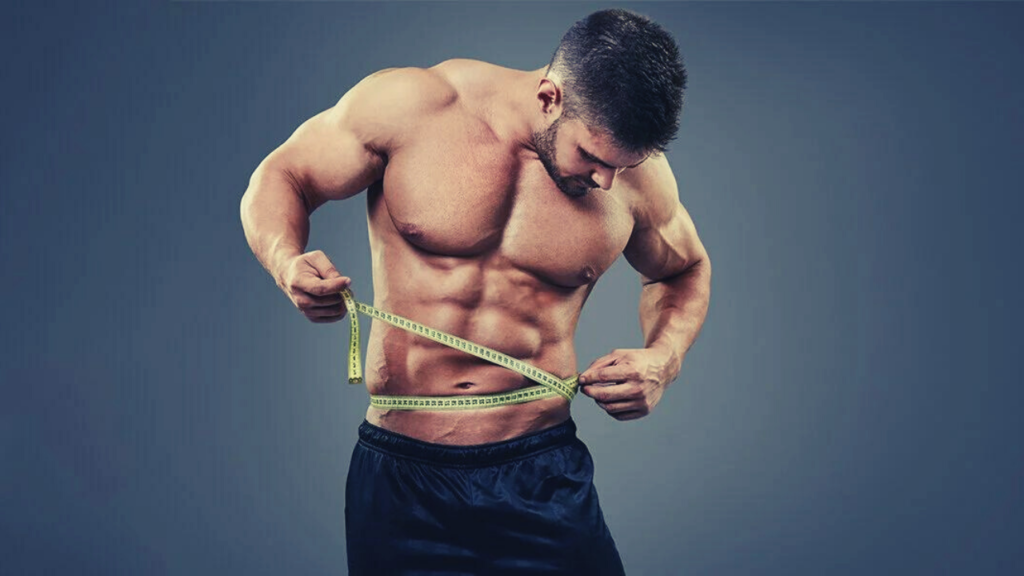Did you know that engaging in just 30 minutes of sports daily can significantly improve both your physical and mental health? In a fast-paced world where finding time for yourself can be tough, sports offer a fun and efficient way to stay active. From improving cardiovascular health to reducing stress, incorporating sports into your life delivers lasting benefits for both mind and body.
Whether you want to lose weight, improve mental health, or lead a healthier lifestyle, playing sports is a proven strategy. In this article, we’ll explore how sports can enhance your overall well-being and provide actionable tips to help you get started.

How Sports Boost Cardiovascular Health
One of the greatest benefits of sports is their ability to improve cardiovascular health. Cardiovascular exercises, such as running, swimming, and playing basketball, strengthen the heart, improve circulation, and lower blood pressure. This significantly reduces the risk of developing heart disease.
Key Benefits of Cardiovascular Exercises:
- Improves heart function and increases stamina.
- Lowers blood pressure and cholesterol levels.
- Reduces the risk of heart disease and stroke.
- Helps maintain a healthy weight.
Experts recommend at least 150 minutes of moderate-intensity aerobic activity per week for optimal heart health. Sports like soccer, cycling, and tennis provide an excellent way to meet these guidelines while having fun.
Mental Health Benefits of Sports
In addition to physical improvements, sports offer remarkable benefits for mental health. Research shows that engaging in regular physical activity can reduce symptoms of anxiety and depression, boost mood, and sharpen cognitive function.
How Sports Improve Mental Health:
- Releases endorphins, which naturally improve mood.
- Reduces stress and promotes better sleep.
- Increases self-esteem and confidence.
- Enhances focus, memory, and cognitive function.
For those seeking natural stress relief, sports like yoga, swimming, and martial arts can have a powerful impact. Engaging in regular sports helps foster emotional resilience and is an effective, drug-free way to enhance mental well-being.
Best Sports for Weight Loss
When it comes to weight loss, not all sports are equally effective. High-intensity sports that engage multiple muscle groups and elevate your heart rate are the most efficient for burning calories and shedding excess fat.

Top Sports for Weight Loss:
- Running: Burns up to 600 calories per hour and requires minimal equipment.
- Swimming: A full-body workout that can burn up to 700 calories per hour.
- Cycling: Ideal for endurance and leg strength, burning 400–600 calories per hour.
- Tennis: A high-energy sport that burns about 500–600 calories per hour.
For best results, combine sports with strength-training exercises to boost your metabolism and maintain muscle mass. Incorporating a variety of sports into your routine keeps things fun and helps avoid plateaus in your weight-loss journey.
Low-Impact Sports for Beginners
If you’re new to fitness or have joint concerns, low-impact sports offer a gentle yet effective way to stay active without overloading your body. These activities deliver significant health benefits without the risk of injury associated with high-impact sports.
Low-Impact Sports to Start With:
- Swimming: Provides an excellent full-body workout without putting stress on joints.
- Walking: Simple, yet effective for building endurance and cardiovascular health.
- Yoga: Enhances flexibility and strength without high impact.
- Cycling: A great cardio option that’s easy on the knees and hips.
Starting slow is essential for beginners. Consistency, rather than intensity, will help you build fitness and avoid injury. As you progress, you can gradually introduce higher-intensity sports into your routine.
Building Muscle Through Sports
Sports aren’t just for cardiovascular fitness—they can also be a great way to build muscle and improve overall strength. Activities like weightlifting, rowing, and basketball incorporate resistance and bodyweight movements, helping you tone muscles and increase power.
Top Sports for Building Muscle:
- Weightlifting: Builds muscle mass and increases strength.
- CrossFit: Combines high-intensity training with muscle-building exercises.
- Basketball: A fast-paced sport that engages multiple muscle groups.
- Rowing: Offers a full-body workout that targets both upper and lower body muscles.
For those aiming to improve muscle definition and strength, sports like rock climbing, volleyball, and rowing provide an exciting alternative to traditional gym workouts.

Flexibility and Mobility Benefits
Maintaining flexibility is essential for preventing injuries and improving performance in sports and daily life. Sports that emphasize stretching and mobility, such as yoga and Pilates, improve range of motion and reduce muscle tightness.
Why Flexibility is Important:
- Reduces the likelihood of injury.
- Improves range of motion and overall mobility.
- Enhances posture and muscle alignment.
- Alleviates soreness after workouts.
Incorporating flexibility and mobility-focused sports into your routine can boost your performance in other areas, making you more agile and resistant to injury.
Social and Emotional Benefits of Sports
Sports offer more than just physical benefits—they also provide opportunities for social connection. Playing team sports, such as soccer or basketball, can help foster friendships and build a sense of community, which is crucial for emotional well-being.
Social Benefits of Team Sports:
- Fosters a sense of belonging and support.
- Increases accountability and motivation.
- Enhances communication and leadership skills.
- Provides opportunities to form new friendships.
Participating in a local sports league or organizing games with friends is a great way to stay physically active while reaping the emotional rewards of teamwork and social interaction.
How Much Exercise is Enough?
One of the most common questions is: How much exercise is enough to see health benefits? Experts recommend 150 minutes of moderate aerobic activity or 75 minutes of vigorous activity per week. You can break this up into smaller sessions throughout the week, making it easier to fit into a busy schedule.
Fitness Tips for Busy Professionals
For busy professionals, finding time for sports can be challenging, but it’s crucial for maintaining energy, focus, and productivity. Prioritizing fitness can have long-lasting benefits for your work and personal life.

Fitness Tips for Busy People:
- Schedule Sports Like Meetings: Block out time for exercise in your calendar.
- Choose Sports That Fit Your Routine: Activities like running or cycling can be done during lunch breaks or after work.
- Incorporate Activity into Your Commute: Walking or cycling to work is a simple way to stay active.
- Be Consistent: Shorter, more frequent workouts are better than long, infrequent ones.
By making sports a priority, even busy professionals can maintain a healthy lifestyle without sacrificing time for work.
FAQs: Common Questions About Sports and Health
What are the mental health benefits of sports?
Sports improve mental health by reducing stress, boosting mood, and enhancing cognitive function. Regular physical activity helps release endorphins, which naturally reduce anxiety and depression.
Which sports are best for cardiovascular health
Running, swimming, and cycling are excellent for cardiovascular health, as they increase heart rate and improve blood circulation. Engaging in these activities helps lower the risk of heart disease and stroke.
How do I start a fitness routine as a beginner?
Start with low-impact activities such as walking, swimming, or yoga. Gradually increase the intensity as you build endurance and strength. Consistency is key to long-term success
Conclusion
Incorporating sports into your lifestyle brings a wide range of benefits, from improved cardiovascular health and weight loss to better mental well-being and social connections. No matter your fitness level or schedule, there’s a sport for everyone. The key is to find an activity you enjoy and stick with it.
Start today and experience the positive changes sports can make in your health and happiness.


